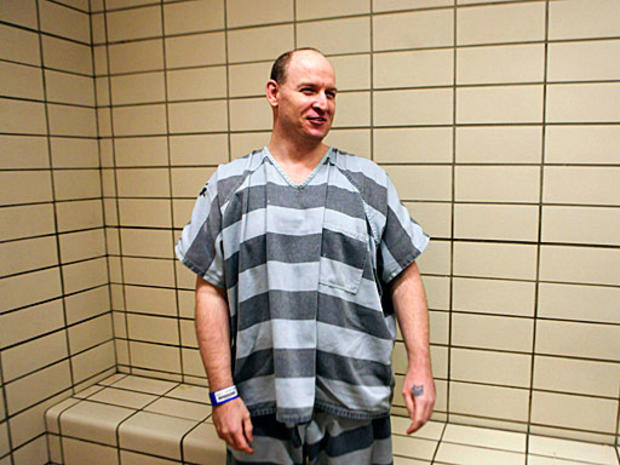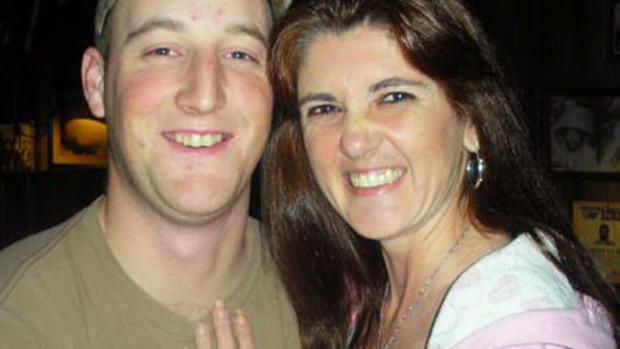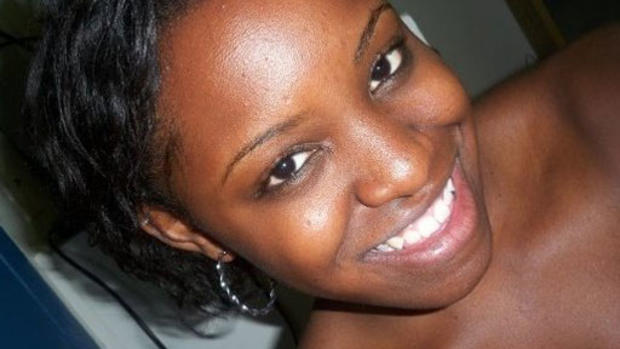Stephen Brodie, Deaf Man Convicted of Child Rape, Cleared 20 Years After Crime
DALLAS (CBS/AP) Stephen Brodie hung his head in relief Monday after a translator signed to the deaf inmate that a Texas judge is setting aside his 1993 rape conviction, on grounds that new evidence not only showed Brodie's "actual innocence," but also pointed to an alternate suspect.
After the decision by Judge Lena Levario was read, Brodie turned to face the courtroom audience, some of whom waved both hands in the air - sign language for applause.
"I feel like a burden has been lifted," Brodie told reporters through a translator. "I feel light. I feel extremely happy."
The case was reopened after his father wrote a letter to the office of Dallas District Attorney Craig Watkins, who, in 2007, shortly after being elected into office, started a unit dedicated to re-examining possible wrongful convictions.
In 1991, after arresting Brodie for stealing quarters from a vending machine, police questioned him about the rape of a 5-year-old girl a year earlier. They questioned Brodie, who has been deaf since birth, for hours without an interpreter, before he eventually confessed. He would later say he felt intimidated and scared, and his attorney attempted to have the confession thrown out.
When a judge ruled the confession was admissible at trial, Brodie and his attorney figured that a guilty verdict, which was punishable by up to 99 years, was all but certain. So they cut a deal - pleading guilty to assaulting the girl in exchange for a five-year prison sentence.
What neither Brodie nor his defense attorney knew at the time was that the police had hair and fingerprint evidence from the crime scene that didn't match Brodie or anyone else in the house. Michelle Moore, Brodie's current attorney, said prosecutors failed to notify the defense of test results that showed that a fingerprint found on the victim's bedroom window, and a hair found at the scene, did not match Brodie.
A year later police matched the fingerprint to another man who was suspected by Dallas police to be responsible for more than a dozen sexual assaults of young girls that terrorized the north Dallas area in the early 1990s.
That man, Robert Warterfield, who pleaded guilty in 1994 to a separate sexual assault of a minor child, was present in the courtroom Monday and invoked the Fifth Amendment right to not provide testimony that might incriminate himself.
Under questioning by prosecutor Mike Ware, who supported Brodie's innocence, an investigator with the DA's office testified that Warterfield told investigators that "he'd been expecting us" when he recently attempted to interview him about the assault.
Warterfield declined to cooperate, saying "it wouldn't be in his best interests," James Hammond testified.
"To tell the truth?" Ware asked.
"Yes," Hammond said.
Brodie's legal woes didn't end immediately, despite the judge's finding of innocence. He is currently serving time in Lamar County, in east Texas, for failing to register as a sex offender, prior to his exoneration. The Texas Department of Criminal Justice still has to sign off on his innocence before he can be released from that charge, which may not happen until at least Tuesday.
Dallas County has exonerated 20 wrongly convicted people in recent years through DNA testing - more than any other county nationally and all but two states. Although the Brodie case does not involve DNA, it is the county's first exoneration involving a false confession, Moore said.



